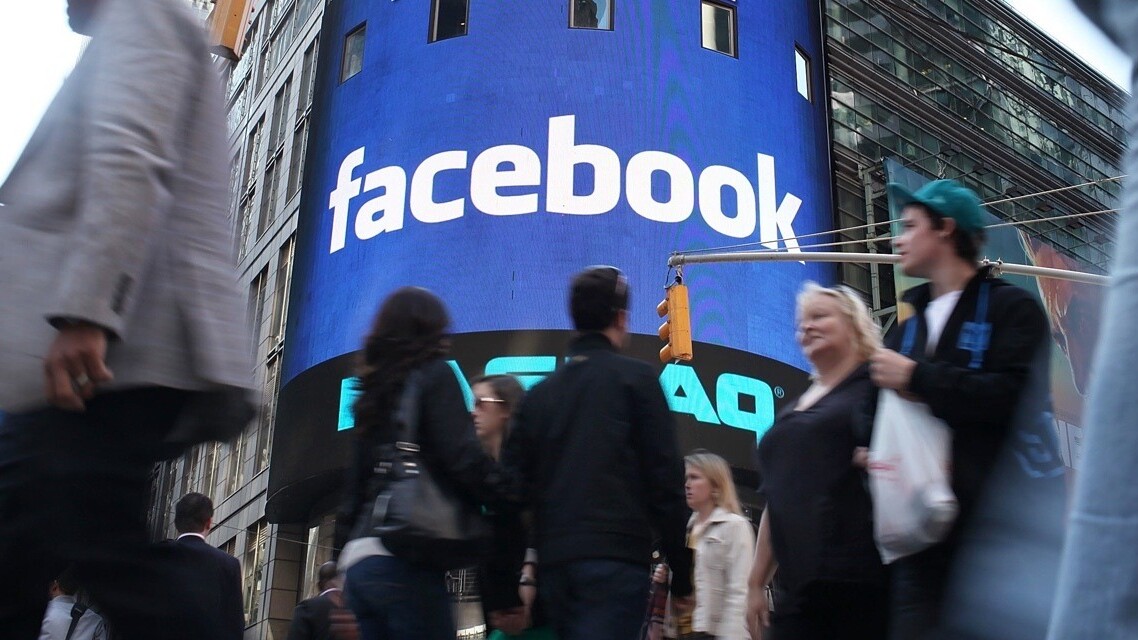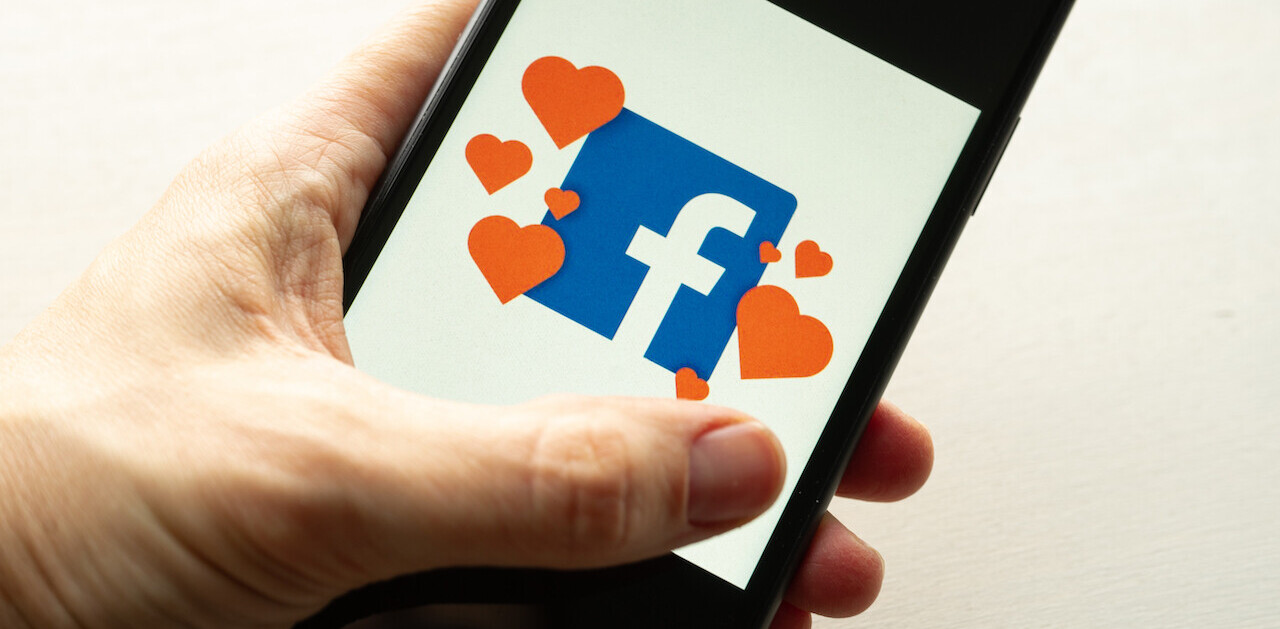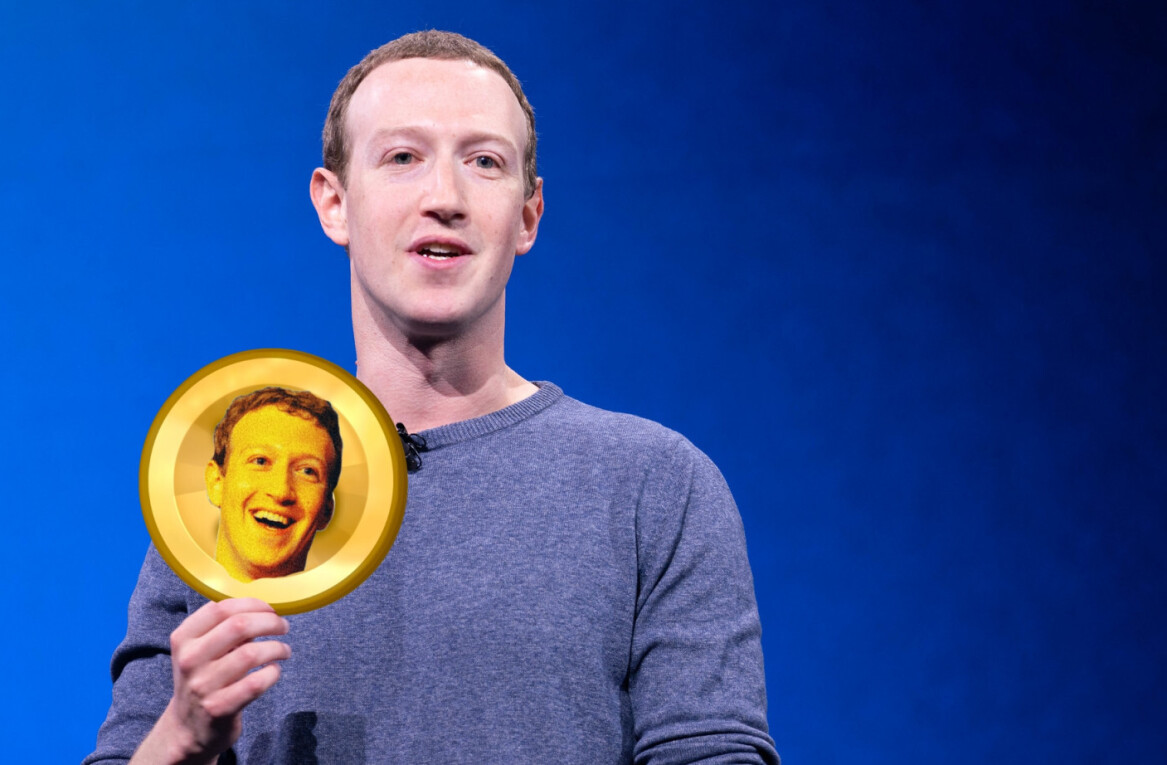
Update: 600 million of Facebook’s 1 billion users are mobile
As expected, Facebook today announced it has passed the 1 billion user milestone. This makes Facebook the first social network to reach the 10-figure mark; one out of every seven individuals on the planet now use the service.
In a personal letter, Facebook co-founder and CEO Mark Zuckerberg thanked users, vowing to make the social network better for all:
This morning, there are more than one billion people using Facebook actively each month.
If you’re reading this: thank you for giving me and my little team the honor of serving you.
Helping a billion people connect is amazing, humbling and by far the thing I am most proud of in my life.
I am committed to working every day to make Facebook better for you, and hopefully together one day we will be able to connect the rest of the world too.
Accompanying the release is a fact sheet, which says the milestone was reached on September 14 at 12:45 PM PST, and breaks down some really impressive statistics. Since Facebook launched, it has seen 1.13 trillion Likes, 140.3 billion friend connections, 219 billion photos uploaded, 17 billion location-tagged posts (including check-ins) and over 62.6 million songs (played 22 billion times). Unsurprisingly in this day and age, there’s also a video (warning: it’s an ad):
While the announcement is definitely huge news, it’s not particularly surprising, as Facebook has been projected to see 1 billion monthly active users before the end of 2012, with more specific timeframes depending on who you ask. Most recently, the company announced it had 955 million monthly active users as of June 30, 543 million of which accessed the site via mobile, and 552 million daily active users on average for June 2012. Those numbers still haven’t been updated on the company’s Key Facts web page, but they likely will be later this month (if not today). Update: It’s been updated.
Facebook of course passed 1 billion accounts a while ago, but today’s announcement appears to be based on the number of genuine accounts it believes its members are actively using, hence “monthly active users.” In an interview with Businessweek, Zuckerberg explained how his company celebrated the moment:
Well, just everyone came together and counted down. Then we all went back to work. We have this ethos where we want to be a culture of builders, right?
We don’t want to overly celebrate any particular milestone, so what we do is we have hackathons. We have themed hackathons for different things. We’re having a hackathon to celebrate this when we announce it publicly, and the theme is going to be the next billion. So people will be thinking of ideas and working on prototypes and things that we’ll need to do to help connect the next billion people, which I think is pretty cool.
You might be wondering: what is an active user anyway? Well, Facebook counts active users as anyone with a Facebook account who visits its service on the Web, on mobile, or who uses their account to share something with his or her Facebook friends via a third-party Web site integrated with Facebook. In short, it’s anyone who actually uses their Facebook login.
This doesn’t solve the problem of bogus and duplicate accounts (Facebook last estimated 8.7 percent of accounts are fake), but it’s still an important distinction to make, since on the Internet, millions of users sign up and never come back. Many online services and websites just share numbers for cumulative users (read: registrations).
For example, it was only last month that Google started sharing numbers for its own definition of an active user on Google+, revealing for the first time that it had 100 million monthly active users; previously the search giant would only share the number of registered users on Google+.
So when Facebook says it has 1 billion users, it has 1 billion monthly active users. The company has never shared registration numbers with the public, and I seriously doubt it ever will.
Looking back
Facebook has been sharing its user milestones on a regular basis: 100 million on August 26, 2008; 200 million on April 8, 2009; 300 million on September 15, 2009; 400 million on February 5, 2010; and 500 million on July 21, 2010. After those five, the company abruptly stopped disclosing the milestones.
On January 5, 2011, a Goldman Sachs report to potential investors leaked out, and quoted the 600 million user number. On May 30, 2011, a Socialbakers employee claimed Facebook was almost at 700 million users. Facebook finally shut everyone up on July 6, 2011, and confirmed it had 750 million users during its video calling announcement.
Then at its 2011 f8 developer conference on September 22, 2011, Facebook revealed it had passed 800 million users. After that, everything went quiet again.
When Facebook filed for its initial public offering (IPO) in February of this year, however, the company offered a new update: 845 million users. Yet the number wasn’t a round milestone like all the previous ones. Why was that? Facebook was getting ready to go public, and it had to start playing the quarterly numbers game.
Here is the breakdown, with the first three years coming from the company’s IPO document, and the last two milestones revealed during the company’s Q1 and Q2 earning calls this year, respectively:
- 197 million on March 31, 2009.
- 242 million on June 30, 2009.
- 305 million on September 30, 2009.
- 360 million on December 31, 2009.
- 431 million on March 31, 2010.
- 482 million on June 30, 2010.
- 550 million on September 30, 2010.
- 608 million on December 31, 2010.
- 680 million on March 31, 2011.
- 739 million on June 30, 2011.
- 800 million on September 30, 2011.
- 845 million on December 31, 2011.
- 901 million as of March 31, 2012.
- 955 million on June 30, 2012.

So, why has Facebook revealed the 1 billion user number before its Q3 earnings call? Well, it’s a nice round number, and it is a historic event for the company. Don’t worry; the company will surely announce that it had 9xx million users or 10xx million users at the end of September 30, 2012, during its Q3 earnings call later this month.
Looking forward
I expect Facebook will continue sharing its member counts, for monthly active users, daily active users, and mobile active users, every quarter. It doesn’t exactly have a choice. The company can, however, emphasize certain numbers over others, as well as share new numbers. Here’s how I expect the company to play that game in the years ahead.
First off, Facebook will continue to deemphasize the monthly active users number, as it really doesn’t matter as much anymore. Sure, it may choose to share with the world if it ever gets to 1.5 billion monthly active users, but frankly, the social network doesn’t have to keep growing that number to stay relevant.
What Facebook has to do is grow the two other user statistics, as they matter more and more, and they’re really one and the same. Again, as of June 30, Facebook saw 543 million monthly mobile active users, as well as 552 million daily active users on average for June 2012. The reason these two figures are so close is very simple: if you have Facebook on your mobile device, you’re more likely to be checking it every day. Update: 600 million of Facebook’s 1 billion users are mobile
Last year, Erick Tseng, head of mobile products at Facebook, said: “We’re going to become a mobile company.” This year, Facebook made various moves to further that cause, including promising to update its mobile apps every four to eight weeks.
While mobile is of course very important, the real measure of Facebook’s growth, according to Zuckerberg anyway, will be the number of “things” its users share every day. Back in July 2011, he revealed that Facebook users were sharing 4 billion pieces of information daily. Given the service’s launch of the Open Graph, and all the statistics accompanying the 1 billion user mark today, expect Facebook to play up engagement numbers like this one as it continues to grow not just in total number of users, but also in total time spent by those users on the site.
Image Credit: Spencer Platt / Getty Images
Get the TNW newsletter
Get the most important tech news in your inbox each week.




